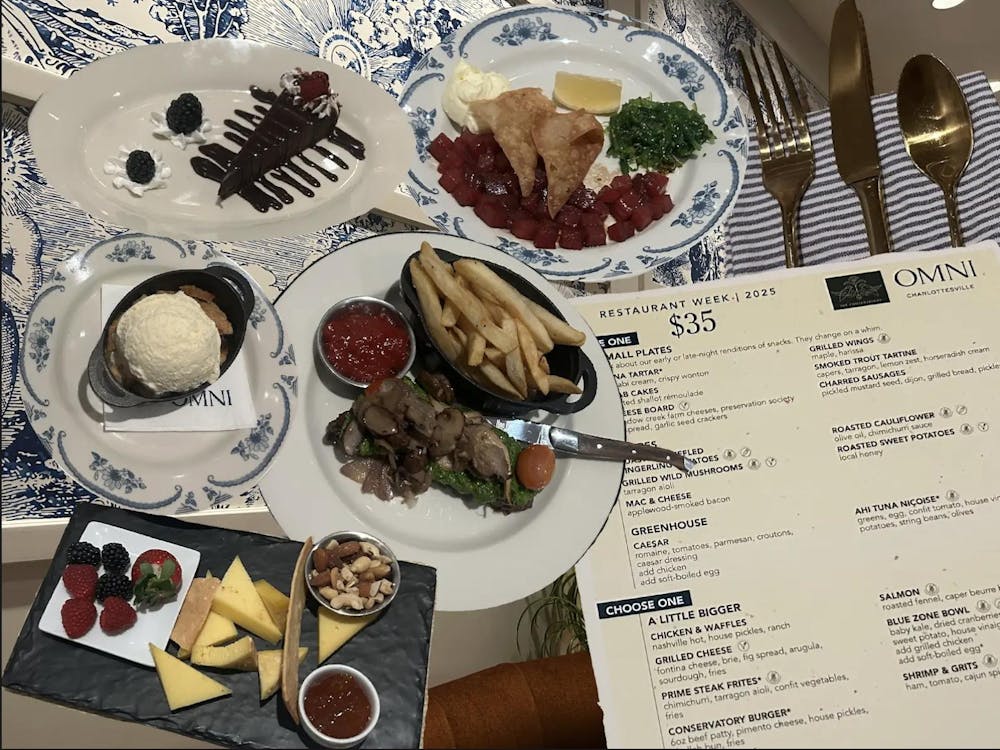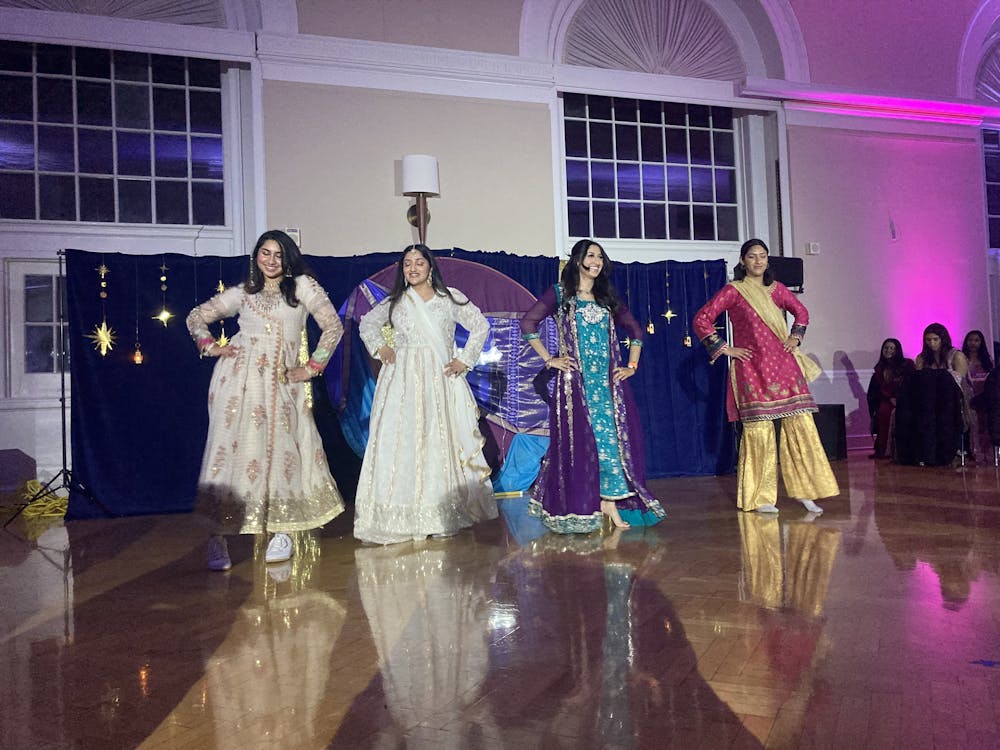I spend more time than I care to admit perusing YouTube in search of valedictory and commencement addresses. My somewhat bizarre penchant for graduation speeches started my senior year of high school when I was searching for inspiration to write my own.
“Staying humble” is a characteristic commonly featured in many of these speeches, and while humility is universally acknowledged as an important quality, it is systematically underutilized in practice. After all, I conveniently let it slip that I spoke at my graduation in the intro of this article — are you impressed with me yet?
Arrogance is fairly endemic in the University student body — likely a consequence of students being exalted as the “top 10 percent of our high school graduating classes.” It’s in every condemnation of “easy” majors, every assumption of character based on Greek affiliation and every contest to see who clocked fewer hours of sleep the night before. It’s in every excessive use of grandiloquent phraseology to flaunt superior intellect. It’s in the expectation that hundreds of peers will read your Life article when it will more realistically have an audience of one — hey, Mom.
I recognize some of this may be generally emblematic of American youth today, but I also think U.Va.’s cavalier stereotype isn’t exactly baseless. From the lofty assertion that the University is a “Public Ivy” to the derogation of Virginia Tech students’ intelligence, our University’s culture is one that unwarrantedly exudes pretense and haughtiness — often masked as school pride.
Two weeks ago, my Civic Leadership Professor posted the results of an anonymous class-wide survey that asked students to evaluate their own characteristics against those of their classmates. It was difficult to stifle laughter as she revealed the stats. On average, we think ourselves more intelligent than 68 percent of our peers, better drivers than 72 percent and, most amusingly, more physically attractive than 83 percent. I’m no math major, but I’m fairly certain we can’t all be part of that most attractive 17 percent.
In addition, the University’s comparison culture is rampant. It’s a conversation we’ve beaten to death: the competitive climate can have severely detrimental impacts on a student’s self-worth. But what about the kids who are selected for membership in such “elite” organizations? What becomes of their self-perceptions?
Involvement in high-profile organizations such as Honor Committee, Alpha Kappa Psi and a capella groups fosters a sense of entitlement amongst members. This both exacerbates the comparison culture and cultivates elitism within a small segment of the student body. I won’t lie; it was thrilling to be selected for the University Guide Service — a group known for cutthroat competitiveness. Having just gone through my first cycle of recruitment on the other side, however, I find myself wondering how I secured my spot. I recently judged impressive trial tours of other students who were every bit as qualified — if not more qualified — than me. Many of them were cut.
At times during my probationary semester, I questioned the reasons why I, someone plagued by stage fright, initially wanted to be a Guide so badly. I also questioned whether some of my peers loved giving tours or the loved the status — we are a large tour-giving organization that has significant trouble meeting the tourist demand.
One of my favorite graduation speeches, given by Wellesley High School English teacher David McCullough, is titled “You Are Not Special.” I urge you to check it out. McCullough asserts, “Your planet is not the center of its solar system; your solar system is not the center of the universe. In fact, astrophysicists assure us the universe has no center; therefore, you cannot be it.”
Keeping perspective regarding the merits of others is the only weapon we have to check our own egos. You’re intelligent and accomplished and beautiful — I’m sure of it. But look around; you are surrounded by intelligence and accomplishment and beauty in all directions.
Remember you aren’t better than anyone else, you aren’t more special. But try not to worry about it too much, because neither am I. And as McCullough notes, neither is Donald Trump — and someone really ought to tell him.
Tori’s column runs biweekly Fridays. She can be reached at t.travers@cavalierdaily.com.





